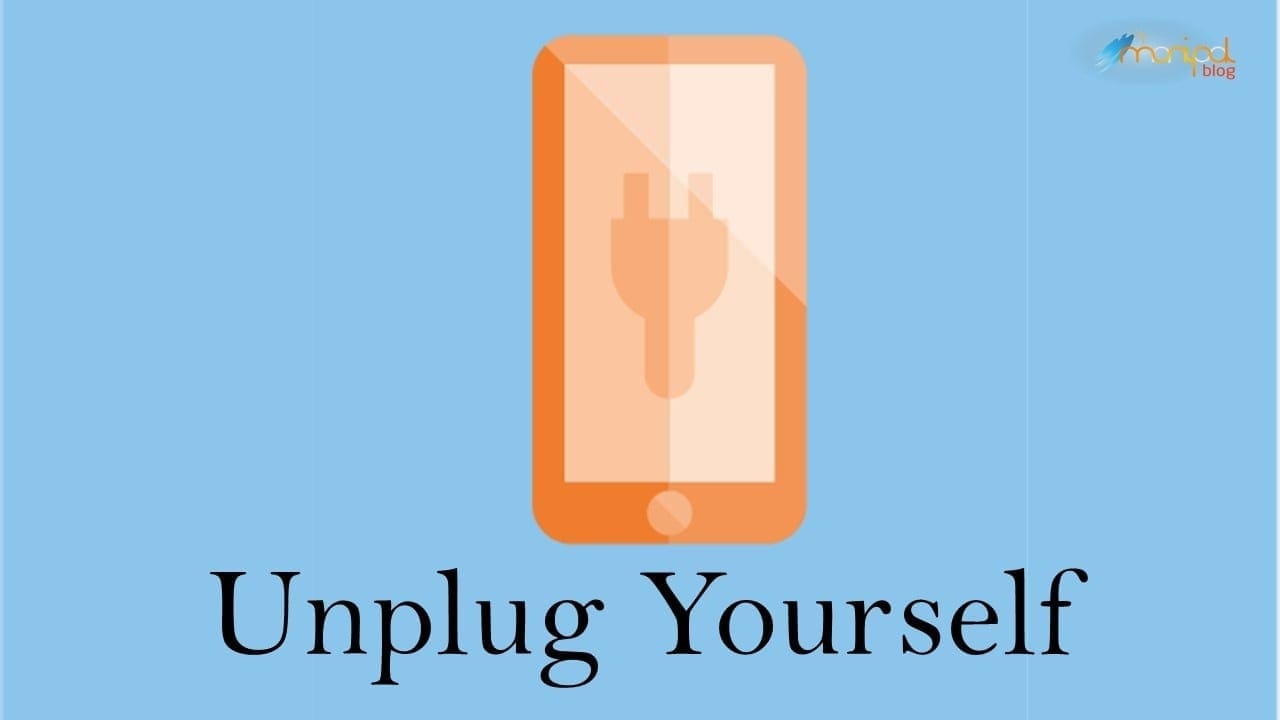
This generation is surrounded by technology. Everywhere that you go, you have access to a glowing screen that could be negatively effecting you without you even knowing. At work, in the classroom, even at night when you lay in your bed, you’re constantly surrounded. It’s no wonder why unplugging can be so hard, our eyes are glued.
I have promised to unplug myself in time for 2019. Here’s a guide on my plan to unwedge myself from my phone, detach myself from my computer, and unplug myself from technology for a while.
One: commit
The first thing you need to know is this: committing to living the unplugged life for a period of time is a hard thing to do. It is. So pat yourself on the back and buy yourself a cupcake for taking this first step.
At this point, you’ve realized how much technology is really eating away at you. Now you want to do something about it. Map out the size of your unplug. That is to say, decide how much you want to unplug and cling to it. You may just want to unplug from Facebook, or similarly, Twitter. Or maybe you want to unplug completely from all things that are not work-related. Once you make that decision, move on to the next step.
Two: take small steps
Know that unplugging isn’t going to be easy. Being connected constantly has been deeply ingrained in our brains and will continue to be until you do something about it. Much like quitting a bad habit, taking small steps towards unplugging can lead to bigger and better results.
For example, if the first thing that you do when you wake up is check your social media sites, you might want to consider deleting those applications off of your phone. Yes, you’ll still have access via a computer. But you’ll also feel less tempted to get on those sites if they aren’t constantly at your fingertips.
The next step can be to deactivate your social media networks. If this simple act doesn’t work and you find yourself reactivating them, have a trusted friend change your passwords so that you can’t access those sites.
Three: stay committed
You may reach a point where you feel a little lost and empty (which is a shame, isn’t it?). That’s okay. That’s normal. You should feel that way. You’ve eliminated distractions from your life which means you’ve cut something out, so the void makes sense. But don’t use that as a reason to stop unplugging.
Any quote that you can find about giving up on something can be cut and pasted into this section. It all comes down to you: do you want to follow through with your goals?
Four: resist temptation
Let’s say you’re at a social gathering and everyone has their phones out. One of your friends is scrolling through her Instagram feed. Another is searching his favorite hashtags on Twitter. Another is writing a Facebook status. And you’re just sitting there twiddling your thumbs.
This would be the perfect time to go back.
But resist.
This goes along with staying committed. It’s a matter of having the willpower. One question to ask yourself is this: Do I want to succeed?
Five: fill your time with other (productive) things
Let’s be honest with each other. We all waste time with technology. Sure, there are things that we do with our technology that may be productive. But think about all those times that you spent on Facebook in between classes or while you were laying in bed. Now think about how much that adds up over time: 30 minutes here, 15 minutes there, 20 minutes over there, and so on.
You can fill your time with something more productive, such as reading a book or having a good conversation with a friend. Do something that will move you forward with what you’re currently doing. This can mean studying for class, working on that resume, applying for jobs, or even spending time at the innovation center. After a while, you’ll get used to not using technology.
Six: make a conscious effort
This is simple: if you put it in your mind to accomplish this, you’ll accomplish it.
Be very open and honest with yourself and with the people around you. Tell them why you’re unplugging and about the benefits that it holds for your health.
Seven: simplify
By the time you reach this step, you won’t need this guide (hopefully). But your life will feel less stressed. You won’t wake up and reach for your phone as much. You won’t want to be on your computer 24/7. And because of this, you life will feel simple.
Health benefits
There’s a huge benefit to unplugging when it comes to your health, from increased cognitive activity, less stress, less anxiety, more time to dedicate to healthier activities, less strain on your eyes, and so on. The list is long.

Be the first to comment